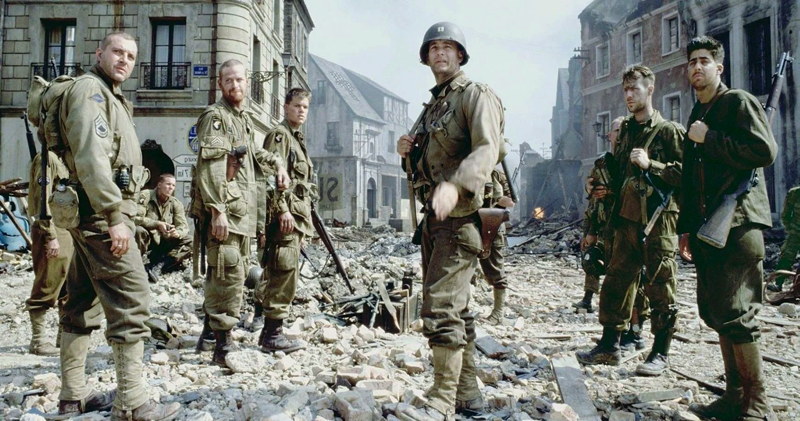 We have now won two world-wars, neither of which concerned us, we were
We have now won two world-wars, neither of which concerned us, we were
slipped in. We have leveled the powers
Of Europe, that were the powers of the world, into rubble and
dependence. We have won two wars and a third is coming.
This one—will not be so easy. We were at ease while the powers of the
world were split into factions: we’ve changed that.
We have enjoyed fine dreams; we have dreamed of unifying the world; we
are unifying it—against us.
Two wars, and they breed a third. Now guard the beaches, watch the
north, trust not the dawns. Probe every cloud.
Build power. Fortress America may yet for a long time stand, between the
east and the west, like Byzantium.
—As for me: laugh at me. I agree with you. It is a foolish business to
see the future and screech at it.
One should watch and not speak. And patriotism has run the world through
so many blood-lakes: and we always fall in.
— Robinson Jeffers
And THIS from the masterful Losing the War – by Lee Sandlin
So while their colleagues fell into daydreams of imminent victory, the few remaining rational men of the Axis bureaucracy grew just as convinced that surrender to the Allies on any terms was tantamount to suicide. As far as they were concerned, every additional day the war lasted — no matter how pointless, no matter how phantasmal the hope of victory, no matter how desperate and horrible the conditions on the battlefield — was another day of judgment successfully deferred.
This is the dreadful logic that comes to control a lot of wars. (The American Civil War is another example.) The losers prolong their agony as much as possible, because they’re convinced the alternative is worse. Meanwhile the winners, who might earlier have accepted a compromise peace, become so maddened by the refusal of their enemies to stop fighting that they see no reason to settle for anything less than absolute victory. In this sense the later course of World War II was typical: it kept on escalating, no matter what the strategic situation was, and it grew progressively more violent and uncontrollable long after the outcome was a foregone conclusion. The difference was that no other war had ever had such deep reserves of violence to draw upon.
The Vikings would have understood it anyway. They didn’t have a word for the prolongation of war long past any rational goal — they just knew that’s what always happened. It’s the subject of their longest and greatest saga, the Brennu-njalasaga, or The Saga of Njal Burned Alive. The saga describes a trivial feud in backcountry Iceland that keeps escalating for reasons nobody can understand or resolve until it engulfs the whole of northern Europe. Provocation after fresh provocation, peace conference after failed peace conference, it has its own momentum, like a hurricane of carnage. The wise and farseeing hero Njal, who has never met the original feuders and has no idea what their quarrel was about, ultimately meets his appalling death (the Vikings thought there was nothing worse than being burned alive) as part of a chain of ever-larger catastrophes that he can tell is building but is helpless to stop — a fate that seems in the end to be as inevitable as it is inexplicable.
For the Vikings, this was the essence of war: it’s a mystery that comes out of nowhere and grows for reasons nobody can control, until it shakes the whole world apart. Njal’s saga ends with a vision of war as the underlying horror of the world, always waiting underneath the frail mirage of peace. In a final dream image, spectral women are seen working an occult and horrible loom: “Men’s heads were used in place of weights, and men’s intestines for the weft and warp; a sword served as the beater, and the shuttle was an arrow. And these were the words the women were chanting:
Blood rains
From the cloudy web
On the broad loom
Of slaughter.
The web of man
Gray as armor
Is being woven.
OR BY MAIL WITH “CASH CHECK OR MONEY ORDER” TO
Gerard Van der Leun // 1692 Mangrove Ave Apt: 379
Chico, CA 95926



![That Was the Whopper Weekend That Was [Illustrated] welcometohell](https://americandigest.org/wp/wp-content/uploads/2021/05/welcometohell-150x150.jpg)
![Allen Ginsberg: The Interview, <strong> ➡ 1972 ⬅ </strong> [Republished by unpopular demand] ginsbergnirvana](https://americandigest.org/wp/wp-content/uploads/2022/05/ginsbergnirvana-150x150.jpg)


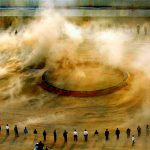

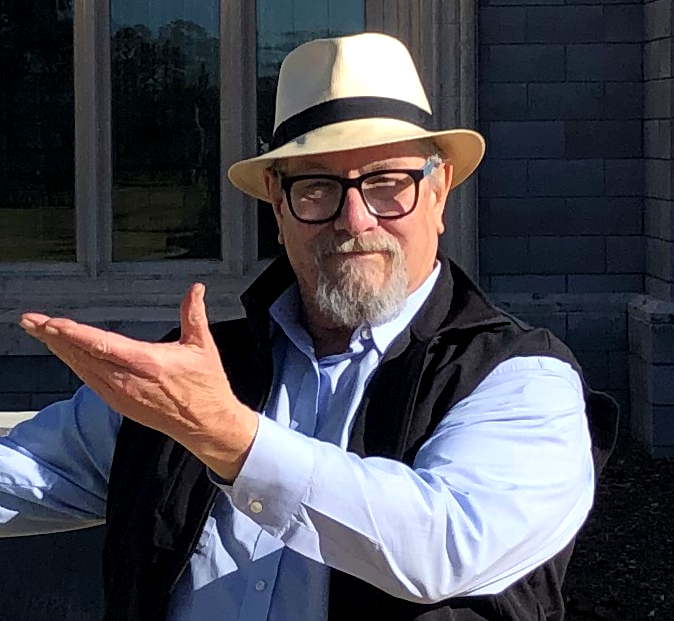 Gerard Van der Leun
Gerard Van der Leun





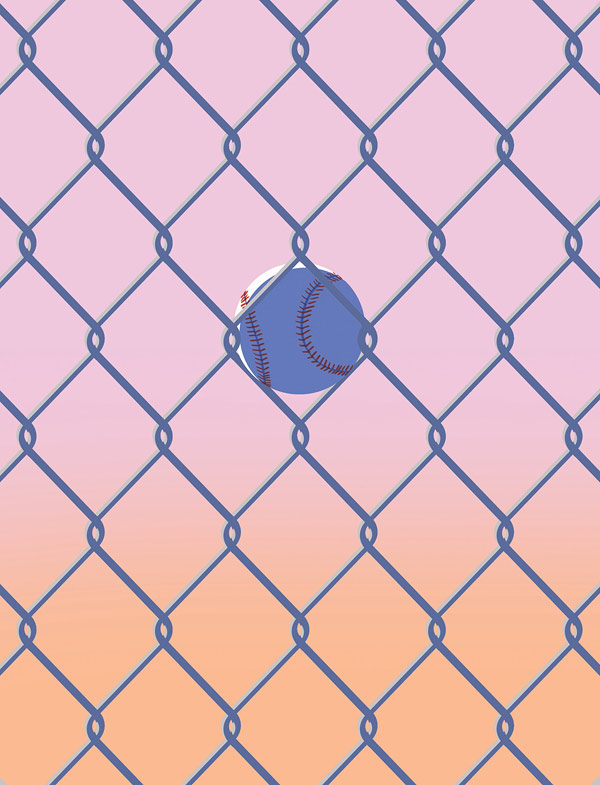
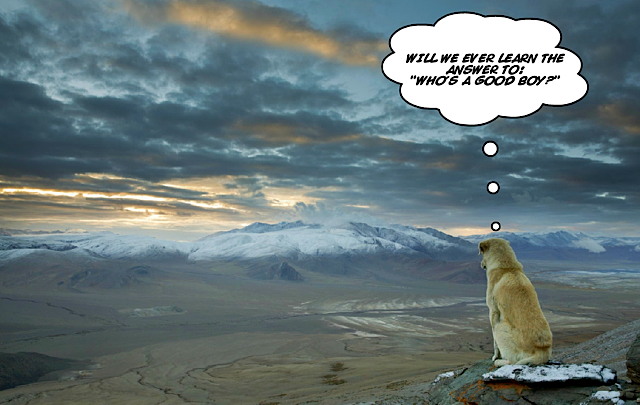



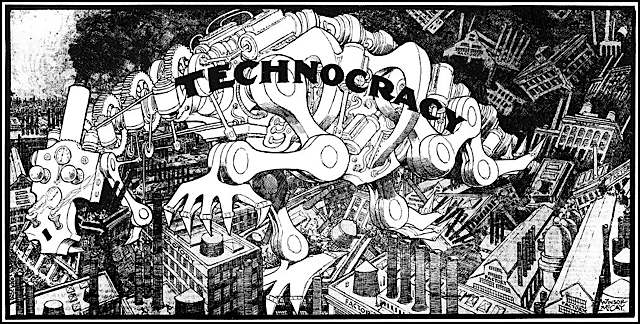


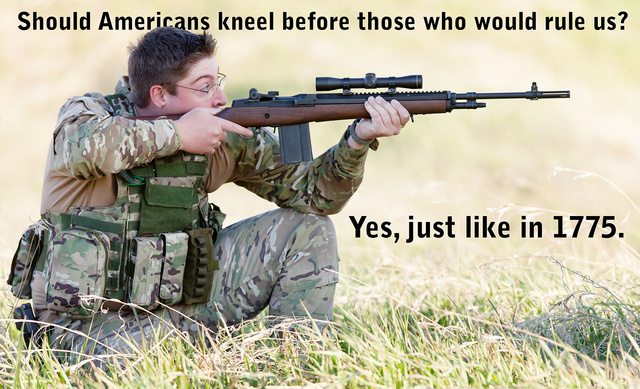




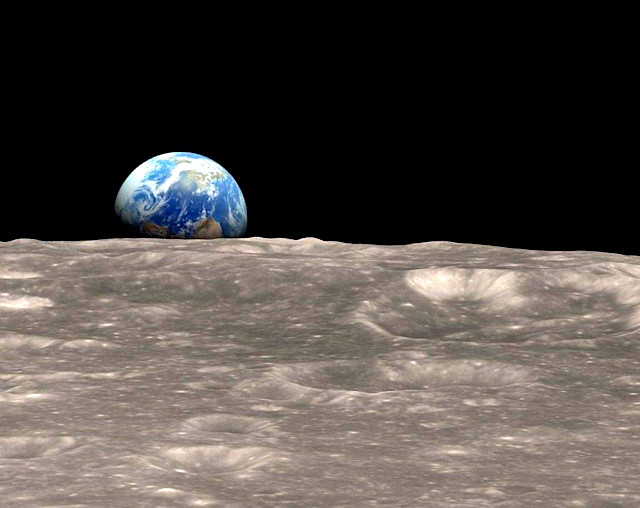


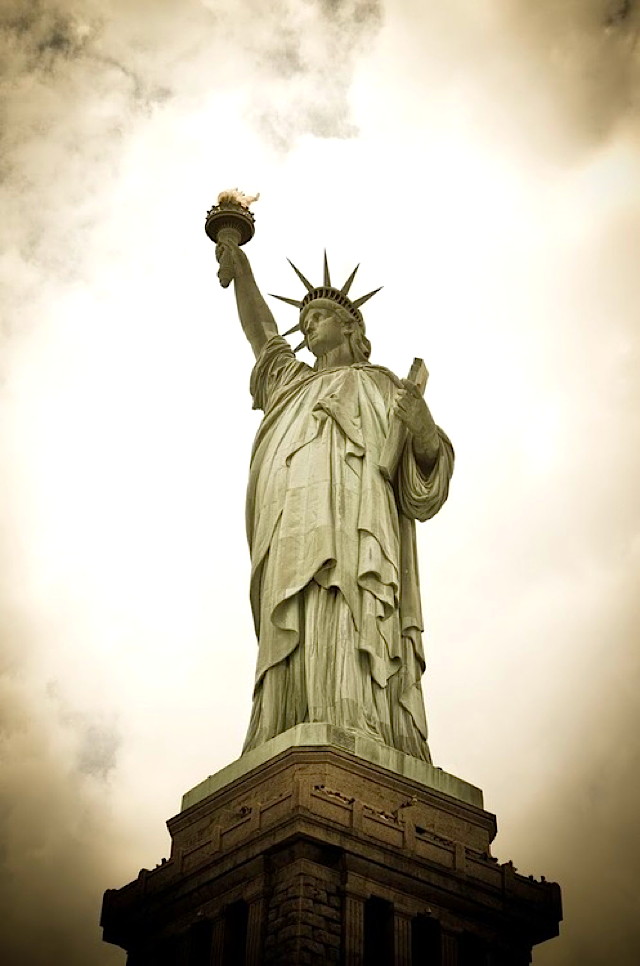


Comments on this entry are closed.
No more blood and treasure spent far away on those who hate us, for foolish old men and their hags and fags to profit upon.
There’ll be a lot of politicians and public figures twitching at the end of a rope before I’d encourage my kids and grandkids to risk their lives.
Never forget the power of one rather small town–Seattle. Here are some links to consider:
Boeing: https://en.wikipedia.org/wiki/Boeing check out the history section.
Seattle: https://en.wikipedia.org/wiki/Seattle check out the history section
Microsoft: https://en.wikipedia.org/wiki/Microsoft you already know some of this but did you know about Billy–the man who recently helped to orchestrate the coup d’erat: https://en.wikipedia.org/wiki/Bill_Gates
Preston Gates and Ellis: https://en.wikipedia.org/wiki/Preston_Gates_%26_Ellis
From early a guy named Weyerhause showed up: https://en.wikipedia.org/wiki/Friedrich_Weyerhäuser
A summary of the history of Seattle can be found here, maybe should have posted that one first, my apologies: https://en.wikipedia.org/wiki/History_of_Seattle
Let’s take a look at UPS read the history: https://en.wikipedia.org/wiki/United_Parcel_Service
How about Westin Hotels–read the history: https://en.wikipedia.org/wiki/Westin_Hotels_%26_Resorts
How about Costco–read the history: https://en.wikipedia.org/wiki/Costco
And then there was Amazon: https://en.wikipedia.org/wiki/Amazon_(company)
So, which one of these corporations will keep clean hands and defend our country over their well-being? BTW–Preston Gates or it’s offspring is now I believe the largest law firm in the world, if not THE largest dang close. It of course was/is very active in dealing with China.
I read a few pages of his work from the link; will try to finish more later.
The brief quoted here in this post is nothing more than what Clausewitz said. War has its own mind about things, and people enter into wars with ideals but really they are fearful, jealous, hateful, psychotic. I mean, the ideals exist and I support ideals – they make life worthwhile. But it is the baser stuff that gets war going, and keeps it going as the Axis powers kept it up until they were absolutely devastated and had no more air in their lungs to fight with.
My dinner guests the other night hail from my college days, and I know that my ex roomie had a step dad who’d been navy in WWII. I asked what he did, and my friend knew little but he did know that his stepdad was late in the war, and participated in the disarmament of Japanese troops in China, after the defeat. I told he and his wife to consider if we’d went into mainland Japan in force, as my own dad was slated to do in the invasion of Japan plans. Whatever happened then, after that debacle, now consider that there were hundreds of thousands of untouched Japanese fanatical troops in China, and what would we do about them after we finished whatever we’d have done on Honshu? This, of course, supposes no atom bombings. They were amazed at that thought. It is unfathomable.
Clausewitz wrote that war spins towards totality as a matter of philosophy. You figure you must win, and except for poverty, death, fear, laziness, mental and psychological lassitude and incapacity, and the specter of hell itself, you will go fully and totally toward your goals of killing the enemy state.
He states that peace is the status quo mente of his (my own) generation, and war is foreign and unthinkable to most. Most cannot be outside of their own mind for even a minute, to participate in the scope of reality that is planet Earth. War is alive and well, and in the words of an infantry drill sergeant of mine: “War is hell, but actual combat is a motherfucker!”
He writes that he polled a large part of his acquaintances or peers about war, using WWII as the target subject, and found out that people know squat about the war. Near zero. I’ll be damned. When I was much younger, and knew my WW II history fairly well, I at first disliked how my age-group were ignorant about the war. Later, applying a more gracious attitude, I considered how hard life is and why would the average guy dwell on the past? Now, on the eve of a possible world conflagration, I return to being pissed as hell at the general public. It was the fucking state department leadership and executive-level that brought us: the retreat from Afghanistan a year ago. This is what ignorance will get you. It will kick your ass with prejudice. And, you will fully deserve it.
I want no war anytime soon. I expect I will not get my wishes. I expect it will effect us all, and I am damned glad I read von Clausewitz, and spent a decade in the infantry as a young man. OK, what’s nest? Hell, if I know.
Could not be published as written in our current era without serious repercussions for author and resultant penitential prostrations and mea culpas as does not elevate one particular sideshow in the general unimaginably colossal catalogue of slaughter to the level of utmost transcendent cosmic significance. In fact if you read the whole thing, he actually had the temerity to put the event in context to scale against the Whole.
As late as the mid-1970s the best roadwork you could find in Brisbane Australia had been built by US Forces to move rear echelon / staging equipment and people around during WWII.
The Fleet at Flood Tide has been mentioned here before I’m sure as a good book on the immensity of the material scale of the Pacific War. Highly recommended.
I will place that Fleet book on my reading list. Thank you.
An interesting thing about the Pacific is that the supply lines ran across the Pacific, in numerous directions, essentially from the continental US. But, it then appeared as great nodes that were self-supplying, and the nodes would advance along the map as army and marine infantry advanced island to island. It was a huge and remarkable undertaking, and it is my contention that the Soviets saw what we did, and that incredible strength of logistics, gun platforms of steel and aluminum, and fighting men shook them to their core for decades afterwards.
Toward the end of Lee Sandlin’s essay, he refers once again to the American Civil War and the porcelain tiger that his father had brought back from the Korean War:
Da capo al fine: My two great-great-grandfathers on my mother’s side of the family fought in one of the German-speaking Pennsylvania regiments in the Army of the Potomac at the Battle of Gettysburg. That’s as much a part of my family’s heritage as my dad’s service in WWII.
Casey Klahn already knows that my dad was a paratrooper in the 82nd Airborne. I don’t have a ceramic tiger that my dad brought back from the war (he did bring back a Wehrmacht Stahlhelm that some fleeing German ditched during the Battle of the Bulge, but that’s another story), but I do have two volumes of his V-Mail letters from 1943 through 1945. There are a number of place names and dates in my dad’s handwriting on the inside of the back cover of the first volume of V-Mail. They’d be meaningless to most of the people that Sandlin talked to before he wrote his essay, but they speak to me even after many years of what my dad witnessed during his long tour of duty:
9/1/43 Licata, Sicily.
10/19/43 Naples, Italy. “Camped in A.A. Field.”
11/22/43 Oran, F.N.A. [French North Africa]
2/15/44 Liverpool, England
6/6/44 Sainte-Mère-Église, France
12/17/44 Werbomont, Belgium [defended by the 82nd during the Battle of the Bulge]
2/26/45 Stavelot, Belgium [site of a German massacre of Belgian civilians and American POWs]
5/8/45 Pritzier, Germany [village near Wöbbelin, the concentration camp that the 82nd liberated on 5/2/45]
Back to Sandlin: “In America the war lingers mostly in intimate, private memories. Yet countless mementos surround us if we’re willing to look for them. . . . Every one of them is, or ought to be, an expression of gratitude — gratitude for survival achieved against the odds or for a tragedy somehow endured.”
One of those mementos was buried with my dad when he died suddenly of a heart attack in 1964. It was a pocket-sized New Testament with a metal front cover, intended to be carried in a soldier’s breast pocket to protect his heart from an enemy bullet. I was only a teenager, but I asked the funeral director to put the wartime New Testament in the breast pocket of the civilian suit my dad was to be buried in, and he was happy to oblige.
I intend to keep my dad’s V-Mail letters as my own expression of gratitude until the day comes for me to follow him.
And much gratitude to Gerard for letting me post a longer-than-usual comment.
There is no limit on length in comments. As a wise man once asked, “How long is a piece of string?”
Thanks, Gerard. And as always, my regards to Olive, for whom no piece of string is too long to play with (i.e., edit).
Why not get some intelligent high schoolers to digitize your father’s V Mail? I think the world needs to see some of that. Also, that’s amazing that your forefathers fought at Gettysburg. D Day and Gettysburg – unparalleled legacy in your family.
I look in my offspring’s faces, and that’s my best memento of my dad’s WWII service.
Sorry I disagree with your premise about the Germans in WWII. Look at it from their viewpoint.
In WW1 in 1916 the Germans offered a ceasefire, to go back to the borders of 1914. (and mind you the Germans were winning, and there were no brit/french/Russian units on German soil. The British told them to pound sand. In 1918, the Germans concluded Brest-Litosk with the Russians ending the Eastern Front. They had all that reversed in Versailles from the Allies and had to give it all back.
Then the armistice in Nov 1918, The Germans were still on French soil. Yes at this point they were moving backward, but they were still “winning’ and the British/French/US accepted the terms. And then it literally all gets taken away in the Versailles “peace” conference. Where they lost everything, including large swathes of land, their government, their “treasure”, etc. This was all recent memory and widely known 20 years later.
No, from the German viewpoint it makes total sense. They are going to get stripped of everything anyway, the British and the Russians want them all dead (see eastern front, esp civilian German deaths), there is no legitimate reason from the previous behavior of other nations for the Germans to surrender. No matter what they are told by the British/Russians they know it will be changed and the Germans will end up worse. There is no valid reason for them not to go on.
It’s not just the 2020s when you have to wonder if the US needs to ask itself “are we the baddies?”
Thinking about how some of us keep WWII close in our minds, and innumerable members of our culture do not know where even one battle was fought, or when or why or whatever.
If you don’t know about the history of war, it will run you down and kill you just for spite, and it will do it more swiftly the more ignorant you insist on being. War is a feral predator, and cannot or will not be ignored.
PA Cat, Gerard, John Venlet and others here have served and/or revere their ancestors who served in WWII and other wars. Some served in Vietnam and I know we’ve had readers here who served in WWII. Keep up the scholarship, Mike Austin. The least “army” among us also has enviable veteran’s chops – Ghost. BTW, my dad’s military unit was the least army of any army division, and fought like hell unleashed in Italy.
Keep the fires burning, lads. BTW, I know a few women here have war veteran fathers and some have service backgrounds, and you are less full of it than the rest of us.
Keep the culture up. The US will need something to stiffen its backbone if she comes back to life soon. If she doesn’t spring back to life soon, the damage worsens logarithmically.
Just my thoughts today.